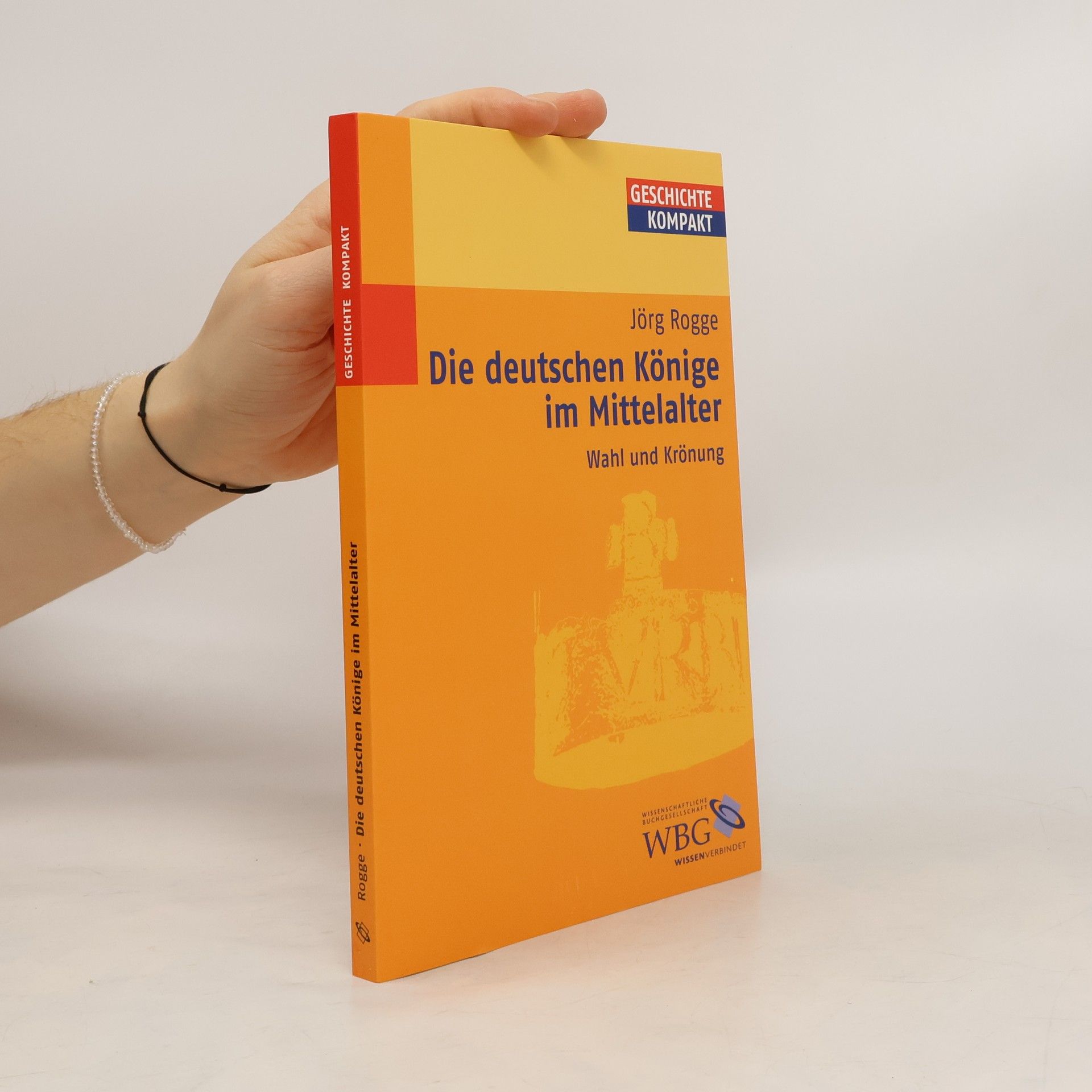Der heldenhafte und hartnäckige Freiheitskampf der Schotten erlangte durch Filme, wie Braveheart, Weltruhm. In der Tat ist Freiheit ist seit jeher ein wichtiges Element der schottischen politischen Kultur. Jörg Rogge stellt vor diesem Hintergrund die Zusammenarbeit aber auch die Konflikte von Adel und Königen Schottlands sowie deren außenpolitischen Folgen pointiert dar. In einem zweiten Schritt skizziert Rogge die wirtschaftlichen Grundlagen der adeligen Herrschaft sowie die Entwicklung der Adelsgesellschaft. Dabei wird ersichtlich, mit welchen Mitteln der niedere Adel (Lairds) versucht hat, Besitz und Rang zu verteidigen und welche Möglichkeiten sich für ihn ergaben, die eigene Position in der gesellschaftlichen Hierarchie zu verbessern.
Jörg Rogge Book order (chronological)


Das römisch-deutsche Reich war eine Wahlmonarchie mit erbrechtlichen Elementen, gestützt auf das Gottesgnadentum. Der König verfügte über keinen klar definierten Herrschaftsraum. Die Schwerpunkte seiner Macht verschoben sich im Laufe des Mittelalters vielfach. Insgesamt ist die Königsherrschaft wie auch die Königserhebung ein fragiles Instrument des Interessenausgleichs, das es in dieser Form kein zweites Mal gab. Immer wieder ist es von schweren Konflikten bedroht (Doppelwahlen, Absetzungen und Gegenkönige). Jörg Rogge gelingt es Strukturen und Entwicklungen der Königserhebung durch die Jahrhunderte klar aufzuzeigen. Er erläutert das oft undurchsichtige Verfahren, das für das Mittelalter von entscheidender Bedeutung ist. Von Konrad I. bis zu Maximilian I. spannt sich so ein Bogen, der eine wesentliche Konstante der deutschen mittelalterlichen Geschichte nachzeichnet.